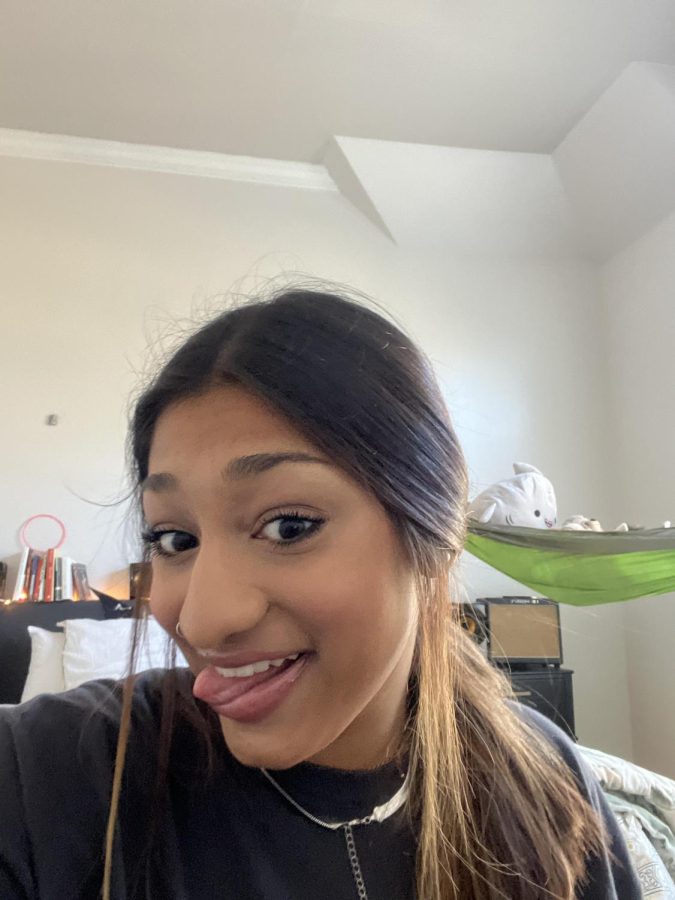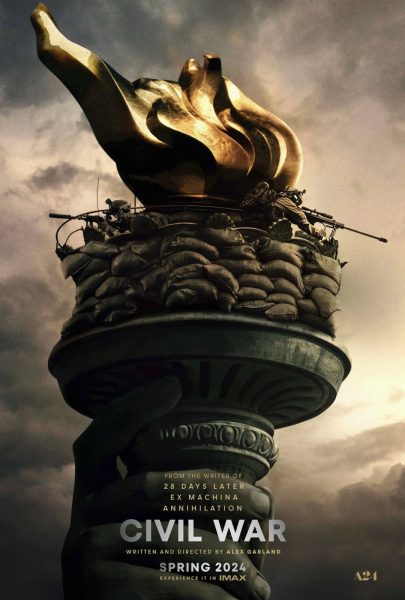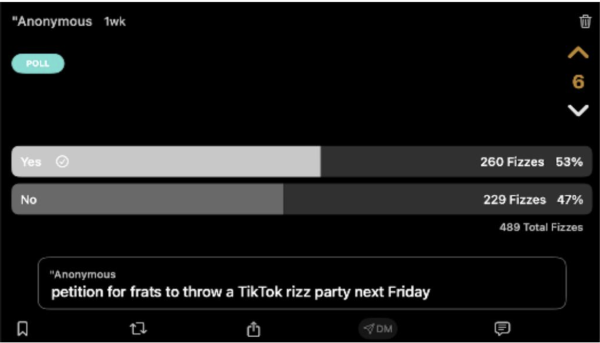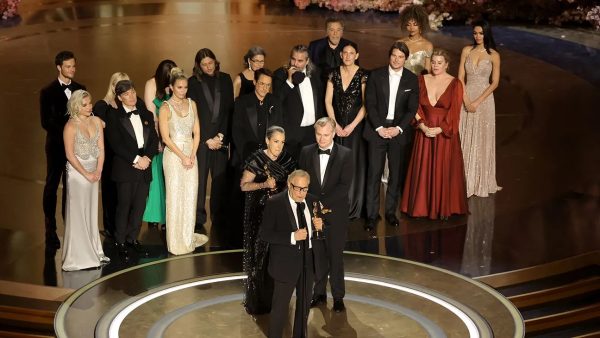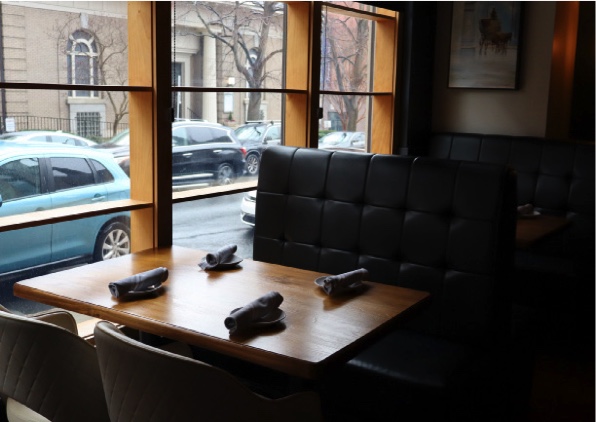Life Through the Lens: Ameya Bellamkonda
January 13, 2022
When I began writing this column, I thought about all of the lenses through which I view the world and the best ways to introduce them and their purposes to readers. When I think about the future of this column, I think not only of a future where diversity is celebrated but one where it is celebrated differently than we do today.
The different lenses that we all see through make us who we are. Our ability to change our lens or picture life through someone else’s lens is what makes people more knowledgeable.
— Ameya Bellamkonda
Right now, if you were to ask the average Wake Forest student about their thoughts on diversity, they would almost certainly bring up race as an immediate reaction. Instead of this, I hope for a future for Wake Forest that is so diverse that the diversity that students think about is a diversity of thought, socioeconomic status and knowledge.
Even when writing this article, I began the article with an opinion on what diversity should be, highlighting race first. This reestablishes the very idea that I aim to break down, which is the inseparable and instinctual connection between race and diversity that the majority of people have made. Internally, I’d argue back to myself that the association is not necessarily a bad thing, racial diversity is diversity and any diversity should be celebrated.
The other day, my dad was explaining to my uncle the phrase “Black Lives Matter” and discussing how people who say “All Lives Matter” aren’t considering the deeper meaning behind “Black Lives Matter”. It’s important to note that this uncle didn’t stand against BLM, but rather he didn’t understand the meaning behind “Black Lives Matter”. He agreed that all lives matter because he’s a sweet, caring individual. He didn’t realize that when Black people say “BLM”, they aren’t saying white lives don’t matter. My dad rather eloquently explained that all lives truly don’t matter until it’s clear that Black lives matter. It won’t be clear that Black lives matter until systems of oppression don’t target them and make it harder for them to succeed in America. My uncle gained a new understanding and changed his view.
The different lenses that we all see through make us who we are. Our ability to change our lens or picture life through someone else’s lens is what makes people more knowledgeable. When I think about “Life Through the Lens”, there are so many ways that I can share different stories through the different lenses that I have. I could write about the many struggles of being a woman, like sexist comments from a Home Depot worker when I asked about a power tool. I could write about how birth control is made for women — despite period pain — because a man’s pleasure needs to come first. I could write about being brown in the South, and all of the times I’ve been told to go back to India while on vacation in Florida. I could write about my struggles as a first-generation immigrant. My parents weren’t born here, making it harder for them to understand the struggles I go through at school, work or in my social life and vice-versa.
All of our lenses are different. This is life through mine:
1. No one should ever be treated differently because of how much melanin they have in their skin. Mistreatment created by the rules and laws of society is unacceptable and deeply corrupt.
2. Bring joy to others. Compliment everyone, especially when you don’t have to because there’s no way that their day could be made worse by being appreciated.
3. If you don’t have scars on your knees from childhood, you should’ve taken more risks.
4. If you hate crying, you’ve never been so sad that you can’t feel emotions. Anyone who has felt numb appreciates feeling anything.
5. Work hard and with luck, the results you want will come to fruition.
6. There is such a thing as chocolate that’s too sweet.
7. Strong coffee from India is better than any other coffee.
8. While being honest with yourself and pushing yourself is important, treat yourself with grace. You can’t be 100% always.
9. Confidence gets people farther than ability — to an extent.
We may have some lenses and views that are the same and some that are different, but we all view life from a human perspective, and there is beauty in that. For example, I may disagree with someone who is pro-life, but I’m still able to empathize with them. How can we utilize lenses to help us grow and better ourselves, while also maintaining the ability to see beyond the beliefs into who we are fundamentally? This begs the question — to what extent do we see through our own lenses? Does it depend on the lens — whether it be from our race, favorite color or the belief in Wake’s superiority to Duke? Does it depend on how intensely one believes what they believe? If someone were to firmly believe the fact that Wake is better than Duke, would they become a better, smarter and more attractive human? The answer to the last question is obviously yes, but the other questions remain.
How much of identity is based on what one believes? Are the only lenses that are part of our identity the physical ones — the ones that we can see? Can we change our identity with our beliefs? All of these questions are subjective, which is what makes this colu
mn such an important aspect of the Old Gold & Black. A space that gives minorities a chance to share their perspective and the various lenses
through which they view the world is crucial. The future of this column is bright.


